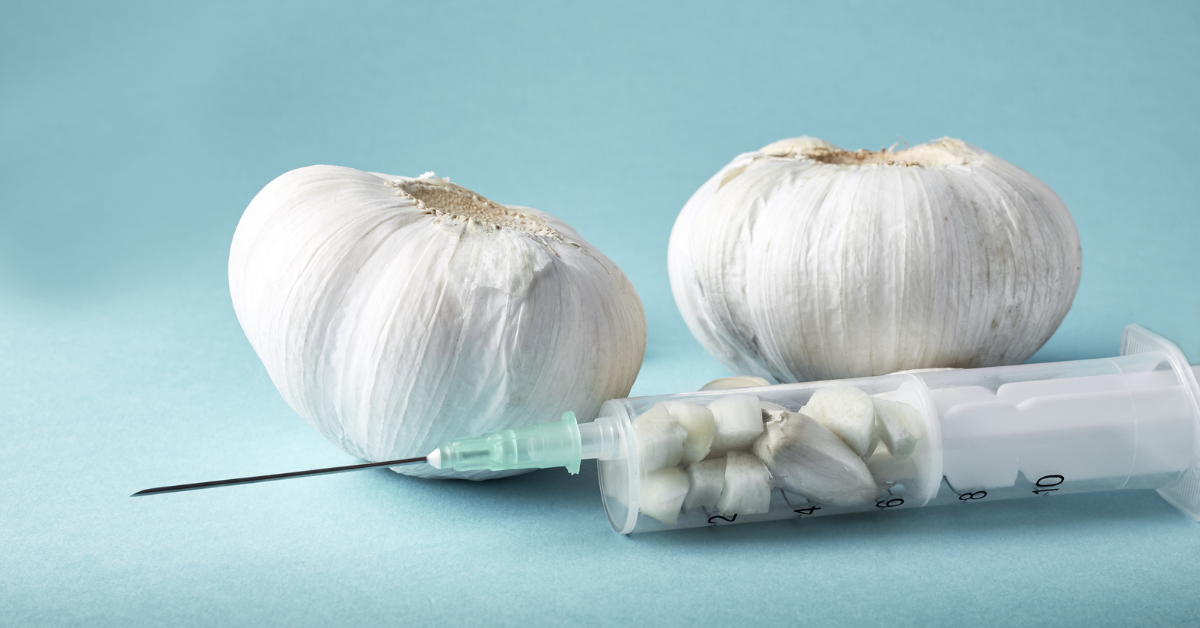
Natural Support To Fight Infections
Most people think of synthetic substances when they hear the term ‘antibiotics.’ But despite their tremendous use in medicine today, antibiotics weren’t always made in a lab by smart folks in white aprons.
Natural antibiotics have been around for many centuries, well before the discovery of penicillin and other medicine.
Thanks to overprescriptions and the ever-growing threat of mass antibiotic resistance, people are starting to look for natural alternatives. But what do natural antibiotics do? Are they effective? What are some good options?
We’ll break it all down today.
What Is A Natural Antibiotic?
Natural antibiotics are non-synthetic substances with proven effects in fighting viruses, bacteria, and other external invaders. Herbs and dietary supplements are two common examples of natural antibiotics.
Medical practitioners sometimes prescribe natural antibiotics to people suffering from mild to moderate infections, viruses, or other ailments, such as diarrhea, mild urinary tract infections, and similar.
Before moving on, it’s important to note that you shouldn’t self-diagnose issues or attempt to treat yourself alone, even if you want to see how a natural antibiotic might benefit you.
How Do Antibiotics Work?
Natural and synthetic antibiotics possess properties that allow us to fight infections, bacteria, fungi, and viruses. Their unique properties attack invaders and support the immune system, allowing us to recover and start feeling well again.
Natural antibiotics have a milder impact on us and typically don’t have adverse effects, such as diarrhea. In contrast, synthetic antibiotics often attack beneficial bacteria along with harmful invaders, which is why they can lead to (1):
- Bloating
- Indigestion
- Nausea
- Diarrhea
- Appetite loss
What Are Some Good Natural Antibiotic Options?
1. Garlic
Garlic has been considered a healthy food for the longest time. Its positive impact on our immune system is well-established, making garlic a natural antibiotic everyone should use.
Allicin is a powerful compound in garlic that offers antimicrobial properties, making garlic a great first line of defense against any viruses or bacteria (2, 3).
2. Honey
Honey is among the foods people have used in medicine for the longest time. The natural sweet delight is abundant in hydrogen peroxide, which is likely one reason why this food works so well as a natural antibiotic (4).
3. Oregano oil
Similar to garlic, oregano oil appears to have a wide range of effects on the body. Oregano oil seems to target various bacteria inside the body, which makes it a viable option when dealing with a variety of infections (5, 6).
Standard Antibiotics vs. Natural Alternatives
As discussed above, natural antibiotics work great as the first line of defense against infections and viruses. Meaning, if you suspect that an infection might be brewing, it could be beneficial to load up on natural antibiotics and hope they are enough.
Most infections are somewhere in-between mild and severe, so a combination of supplements (such as vitamin C), natural antibiotics, and flu medication will be enough (7). But standard antibiotics are also necessary and shouldn’t be ignored. If the infection progresses and keeps getting worse, consult with your doctor, go for a check-up, and consider an antibiotic.